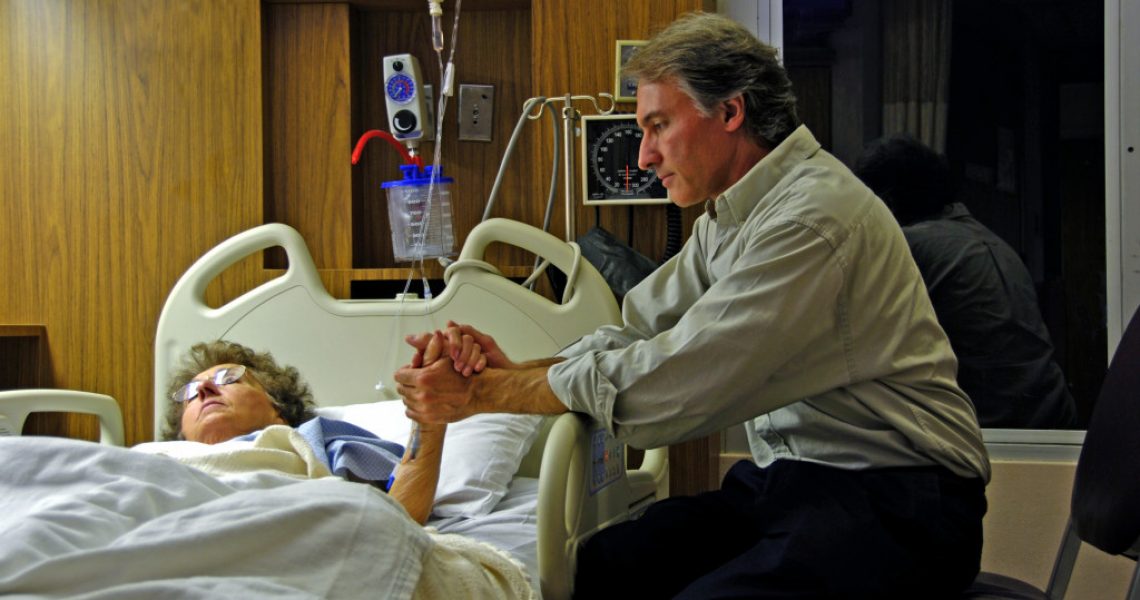No one wants to think about their loved ones getting sick, but the unfortunate reality is that sometimes people get sick. And sometimes, that sickness is terminal. While it’s impossible to cure someone of a terminal illness, there are things you can do to help them manage their symptoms and make the most of the time they have left. Here are a few ways you can help a friend or family member who has been diagnosed with a terminal illness:
Be there for them emotionally
When someone you love is diagnosed with a terminal illness, knowing how to best support them can be difficult. While each situation is unique, there are some general things you can do to help your loved one through this tough time.
It’s important to be there for them emotionally. Listen to them without judgment, and offer words of encouragement when they need it. By offering emotional support, you can help your loved one make the most of the time they have left.
Help them with practical tasks
Many people want to help their loved ones with terminal illnesses but often don’t know how. One way you can help is by taking on some of the practical tasks that may be difficult for them to do. This could include grocery shopping, cooking, cleaning, and running errands. Taking on these tasks can help to ease the burden and allow your loved one to focus on spending time with family and friends.
You can also offer to provide transportation to doctor’s appointments or treatments. In addition, you can help with tasks related to their illness, such as monitoring their medication regimen or assisting with medical equipment. Be sure to do whatever you do with compassion and care, as your support can make a big difference in their quality of life.
Be patient with them
Terminal illnesses are unpredictable and often come with changes in mood and energy levels. Your loved one may not feel like talking or doing much of anything some days, and that’s okay. Don’t take it personally if they cancel plans or turn down your invitations; try another day again. It’s important to be patient and understanding; your loved one is going through a lot right now, and they may not always be able to communicate what they need from you.
Help them enjoy life

Just because someone has a terminal illness doesn’t mean they stop living; it’s often even more important to make the most of the time we have left when our time is limited. Suggest fun activities your loved one can still do despite their illness – watching movies, going for walks (if possible), or playing games together. Help them create new memories and experiences that will bring joy during this difficult time.
Undergo death doula training
The end of life is a time when people need support the most. They may be dealing with difficult emotions, struggling to maintain their quality of life, and making decisions about their care. Death doulas are trained to provide this support.
You can undergo online death doula training if you want to provide this kind of support yourself. Once you’re trained as a death doula, you will be responsible for providing practical and emotional care to loved ones with terminal illnesses. This might include helping them write their will, connect with hospice care, or provide companionship. Death doula training can help you to develop the skills necessary to provide this vital support. In addition, it can also give you a better understanding of the dying process and how to best support those going through it.
Respect their wishes
It’s important to respect your loved one’s wishes regarding their illness; after all, it’s their life, and they should have some say in how it plays out. If they don’t want to talk about their prognosis or treatment options, respect that decision and don’t push them to open up if they’re not ready. Similarly, if they’ve decided not to pursue treatment or other interventions, respect their decision and support them in whatever they need – even if that means accepting that there may be only a limited amount of time left together.
No one knows what to do when a loved one is diagnosed with a terminal illness. You want to be there for them, but you don’t want to step on their toes or make them feel uncomfortable. You must find the right balance between being supportive and giving your loved one some space. The tips outlined in this article should help you provide the support your loved one needs during this difficult time.

